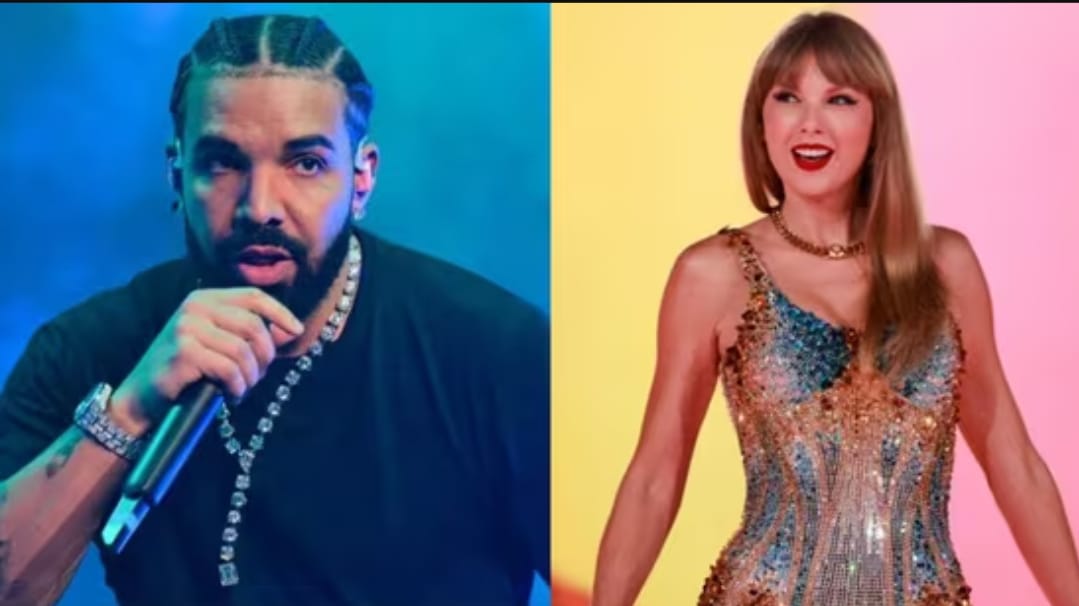The largest record label in the world, Universal Music Group NV, has started removing its artists’ songs from TikTok following contract talks that did not result in a new licensing arrangement. Users will be able to select a different song to serve as the soundtrack for their material, and videos using music owned by UMG will be muted. This implies that music from artists like Taylor Swift, Drake, and Bob Dylan will need to be replaced by other tunes for the over one billion TikTok members.
The breakdown of talks occurred during one of the busiest weeks of the music industry calendar—the week when all of the labels and distribution corporations travel to Los Angeles to attend the Grammy Awards.
What’s wrong with TikTok?
Over the past few years, TikTok has emerged as one of the most significant players in the music business. Record labels use the app to find new musicians and promote their work because it’s one of the only companies that can make songs go viral. According to TikTok, it is assisting artists in reaching a large audience and acting as a platform for showcasing their abilities.
Reasons for the decision by Universal Music Group
For a considerable amount of time, music firms have been complaining that the platform does not appropriately compensate musicians for their labor. Despite ByteDance’s over $110 billion in sales last year, UMG’s revenue from TikTok was barely 1% of the total, according to the music publisher.
Labels started pressuring the business to distribute the profits to the owners of the rights in 2022. That year, Sony Music Entertainment Inc. temporarily removed its songs from the Resso music streaming service when ByteDance attempted to expand into other markets. After that, Resso canceled its free tier and changed its name to TikTok Music. The labels were particularly worried in February of last year because TikTok had started to restrict the selection of songs that Australian users could use for their videos. The labels viewed it as an opportunity to gauge the worth of music on the platform and how users’ behavior is affected by it; this information would be useful during contract talks.
Licensing agreement
In recent years, record labels have had disputes with nearly all of the major online music distributors, although they have rarely requested that their music be removed. Warner Music Group Corp. and Sony Music, the other two big record labels, have struck new licensing agreements with TikTok. Although Warner Music Group removed its music from Alphabet Inc.’s YouTube in 2008, they were able to agree nine months later.
Universal Music Group’s take on the matter
However, UMG has started to use its size to pressure Spotify and Deezer, among other streaming services, to alter the way they pay artists. It is presenting TikTok as a more well-known platform, similar to YouTube, which makes money from advertisements. TikTok pays “a fraction of the rate that similarly situated major social platforms pay,” according to the business. TikTok compensates musicians for their labor but does not give them a cut of the profits.
UMG sent an open letter on Tuesday, bringing its conflict with TikTok to the public’s attention. The business claimed that discussions between the two broke down on issues including fair compensation for songwriters and artists, safeguards against artificial intelligence techniques, and user safety on TikTok.
TikTok responded by releasing a statement of its own in which it claimed that UMG had prioritized its own profit over the needs of its composers and performers.



